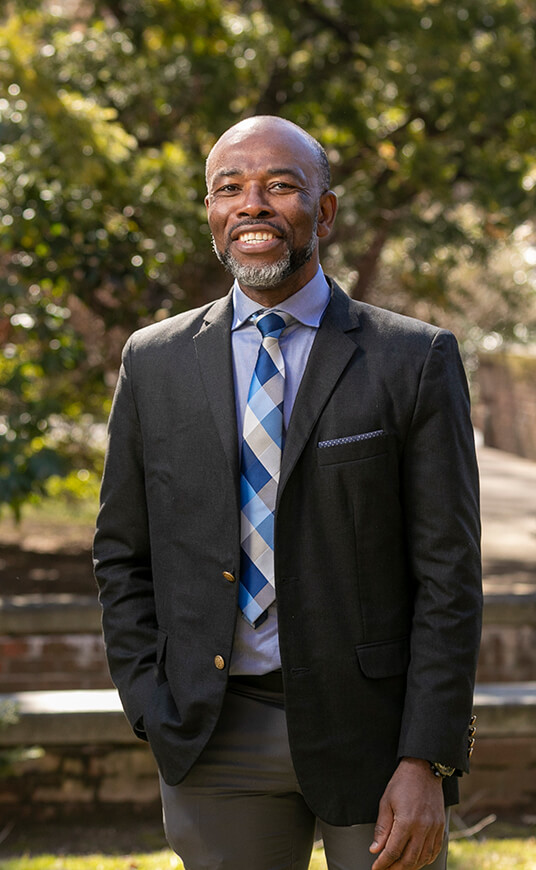Welcome to the OER course site for “Classical Social Theory”

Classical Social Theory or Classical Sociological Theory university courses customarily focus on the ideas of such theorists as Auguste Comte, Alexis de Tocqueville, Karl Marx, Herbert Spencer, Thorstein Veblen, Émile Durkheim, Georg Simmel, Max Weber, George Herbert Mead, Robert E. Park, Karl Mannheim, and Talcott Parsons. These Euro-American white men are viewed as the most important contributors to the discipline. Hence, in SOCY 2101, we are interested in seeking answers to the following questions:
- Why does it seem that it is mainly white male scholars who are recognized as authors of classical texts in the field of sociology?
- What were the circumstances that turned their works classics in sociology?
- Why has the scientific community, for so long, marginalized and undermined the works of W. E. B. Du Bois and E. Franklin Frazier while promoting those of Robert E. Park and Talcott Parsons?
- What explains that most classical figures of social theory have not rigorously studied the impacts of slavery, racism, and caste’s system on the configuration of the contemporary American society, and society in general?
- Considering the current political, social, and economic climate in the United States of America, of W. E. B. Du Bois and Talcott Parsons whose ideas would help us to understand better and tackle more effectively social and sociological problems such as racism, anti-blackness, racial injustice, mass incarceration, and the extreme policing of black bodies?
- At a time of rhetorical discourses on decolonization of sociology, has white superiority and racism continued to influence the intellectual orientation of sociology at large and the subfield of classical social theory?
- Why is it only recently that the scientific community has started to recognize the intellectual contributions of women scholars such as Harriet Martineau, Jane Addams, Ida B. Wells and Anna Julia Cooper?

